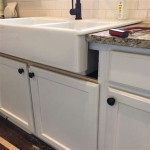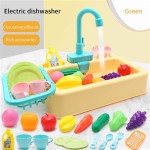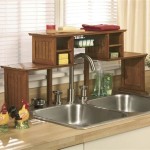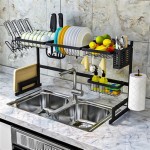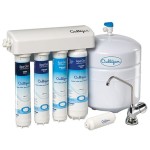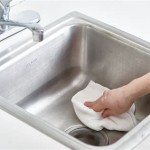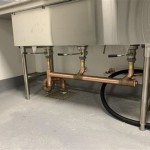Copper Kitchen Sinks Pros And Cons
Copper sinks are a stunning addition to any kitchen, offering a unique combination of beauty, durability, and functionality. However, it's essential to weigh the pros and cons before making a decision. Here's an in-depth exploration of the advantages and disadvantages of copper kitchen sinks:
Pros of Copper Kitchen Sinks:
1. Aesthetic Appeal: Copper's warm, metallic glow instantly elevates the kitchen's aesthetics. It complements a range of decor styles, from traditional to contemporary. 2. Antimicrobial Properties: Copper is naturally antimicrobial, meaning it inhibits the growth of bacteria and other microorganisms. This makes it an excellent choice for kitchens, where hygiene is paramount. 3. Durability: Copper is a robust material that can withstand everyday wear and tear. It's less prone to dents and scratches than other materials. 4. Heat Resistance: Copper has high heat resistance, making it ideal for use near cooktops or ovens. It can withstand heat without warping or discoloring. 5. Antimicrobial Patina: Over time, copper develops a distinctive patina that protects it from corrosion. This patina is both beautiful and functional, adding to the sink's unique character.
Cons of Copper Kitchen Sinks:
1. Cost: Copper kitchen sinks are more expensive than sinks made of other materials, such as stainless steel or porcelain. 2. Water Stains: Copper is prone to water stains, which can be unsightly if not cleaned regularly. Hard water can also cause mineral deposits to accumulate. 3. Scratch Susceptibility: While copper is durable, it's still susceptible to scratches if not handled with care. Using sharp objects or abrasive cleaners should be avoided. 4. Acid-Based Stains: Copper can react with acidic substances, such as lemon juice or vinegar. This can cause permanent stains or discoloration. 5. Maintenance: Copper kitchen sinks require regular maintenance to keep them looking their best. They need to be cleaned with appropriate agents and polished occasionally to preserve their finish.
Additional Considerations:
In addition to the above factors, there are a few other things to consider: 1. Gauge: The gauge of a copper sink refers to its thickness. Higher gauge numbers indicate thinner sinks, while lower gauge numbers indicate thicker sinks. Thicker sinks are more durable but also more expensive. 2. Finish: Copper kitchen sinks come in various finishes, including matte, satin, and hammered. Choose a finish that complements your kitchen's decor and personal preferences. 3. Faucet Choice: Select a faucet that complements the copper sink's finish and style. Consider faucets with a copper finish or brushed nickel for a cohesive look.
Conclusion:
Copper kitchen sinks offer a blend of beauty, durability, and antimicrobial properties. However, they come with certain considerations regarding cost, maintenance, and potential stains. By carefully weighing the pros and cons, you can make an informed decision about whether a copper kitchen sink is the right choice for your home.
Copper Kitchen Sinks Pros Cons And More Angi

Copper Kitchen Sink Pros And Cons Is It A Good Idea

Pros And Cons Of Hammered Copper Kitchen Farmhouse Sink Coppersmith

The Pros And Cons Of Installing A Copper Sink In Your Kitchen

Pros And Cons Of Hammered Copper Kitchen Farmhouse Sink Coppersmith

Pros Cons Of Copper Kitchen Sinks Coppersmith Creations

The Pros And Cons Of Installing A Copper Sink In Your Kitchen

Copper Kitchen Sinks Pros Cons And More Angi

Pros And Cons Of Copper Kitchen Sinks

Pros And Cons Of Hammered Copper Kitchen Farmhouse Sink Coppersmith

